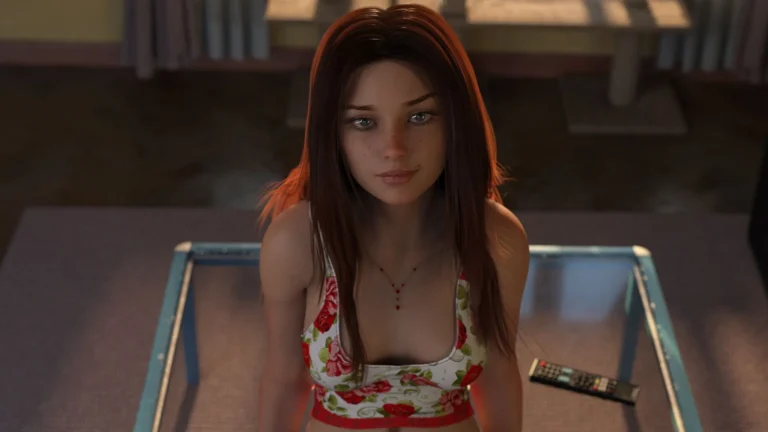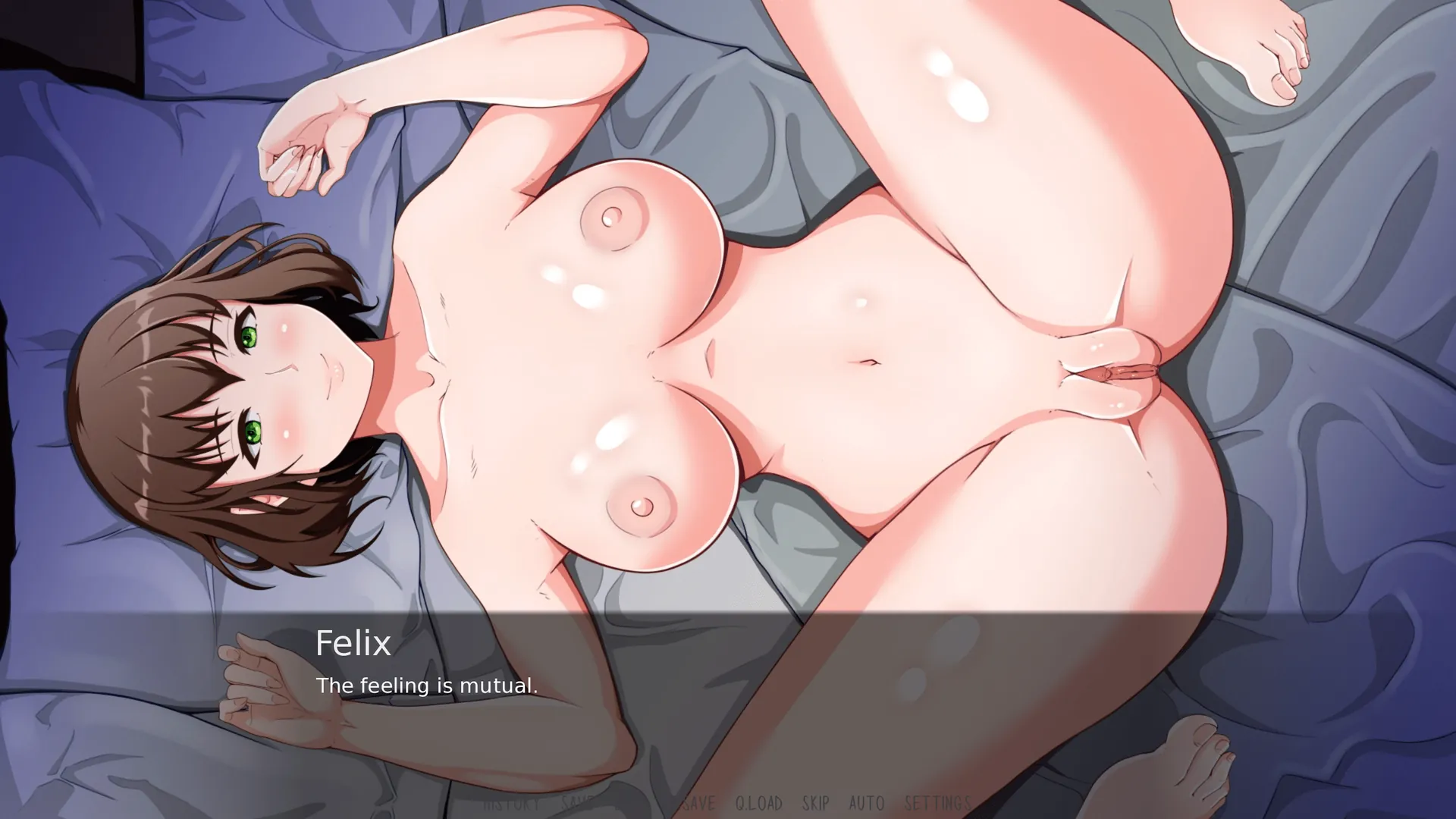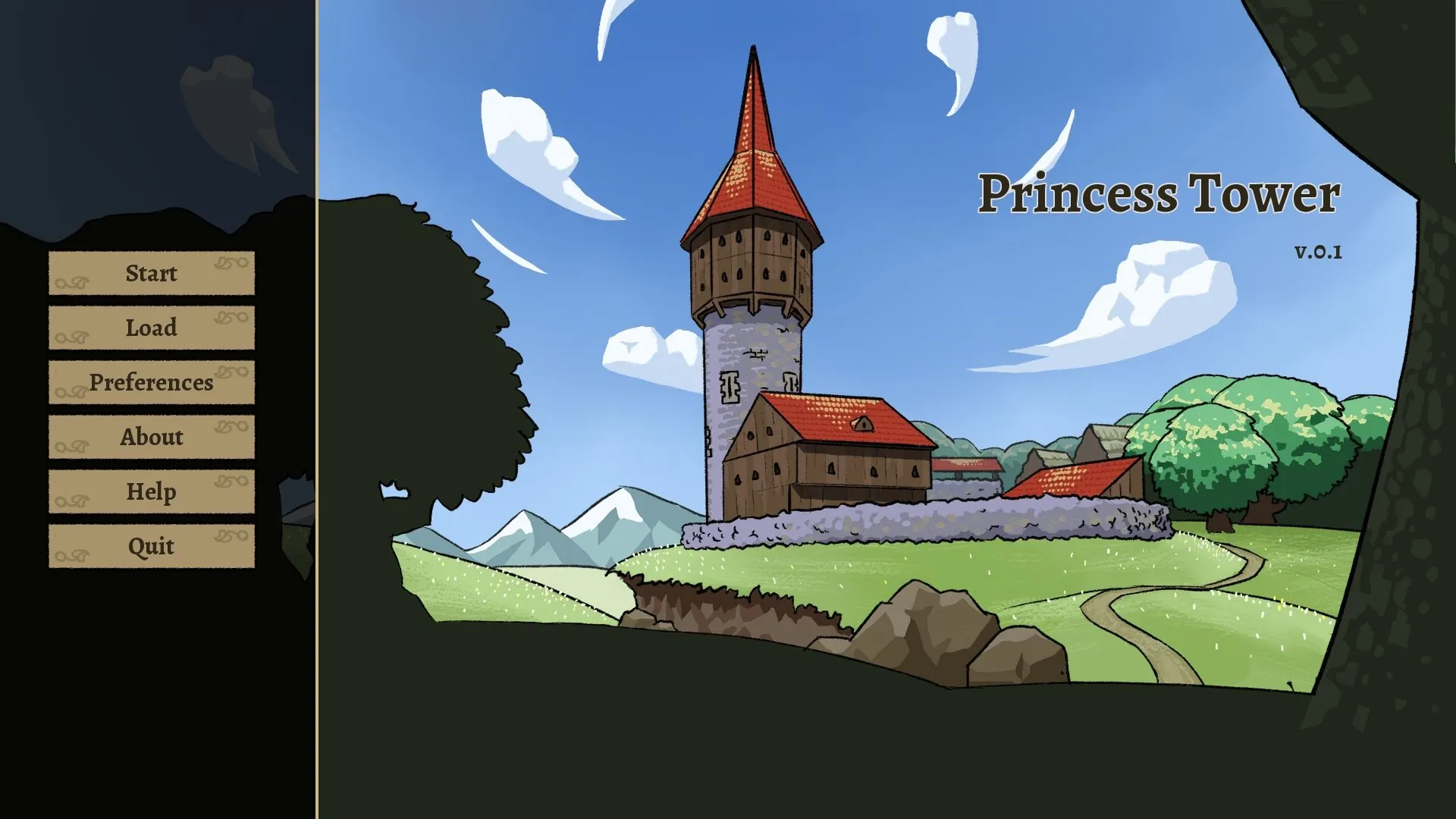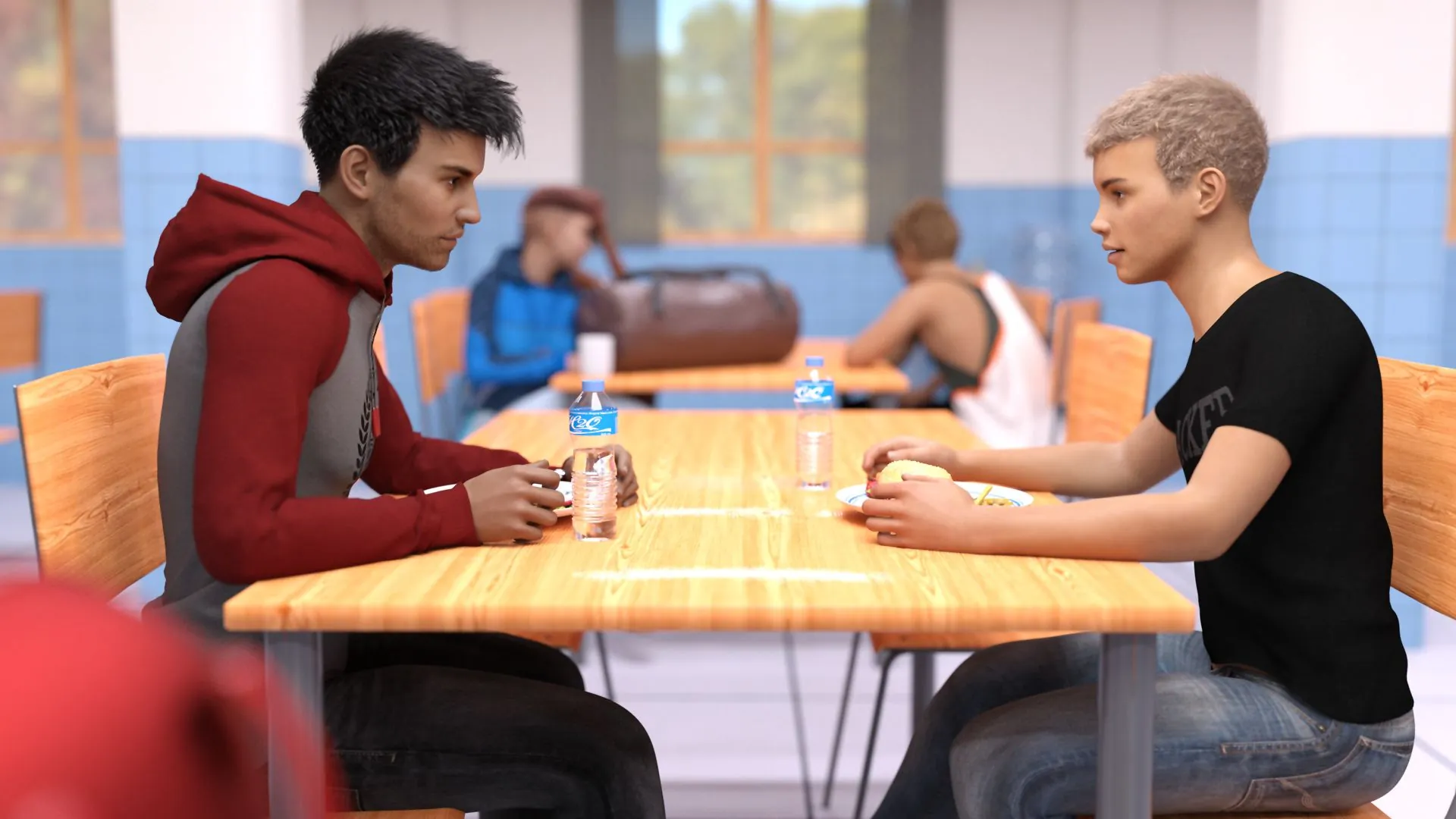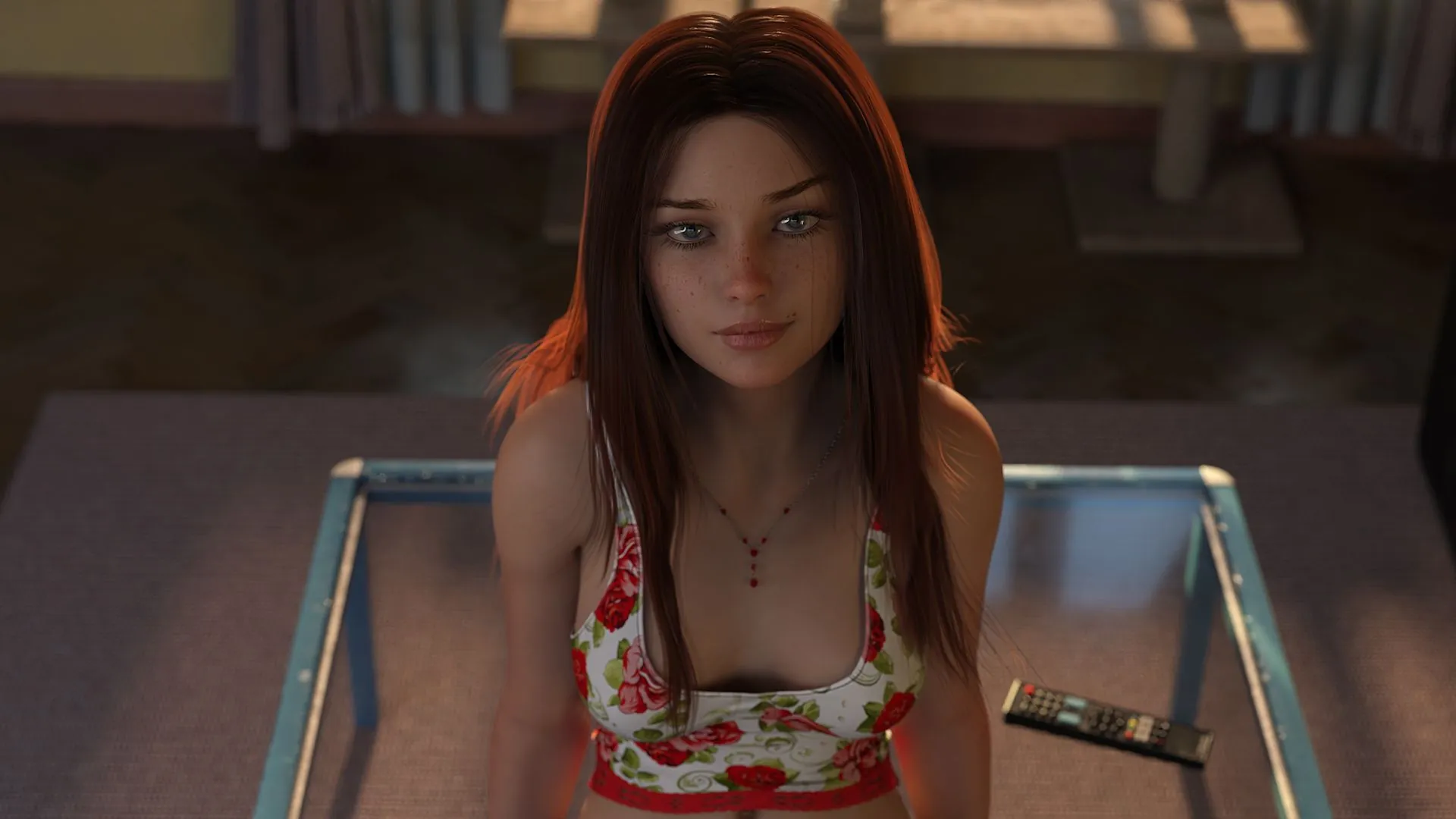
Summer’s Gone
Play Summer’s Gone
Summer’s Gone review
Exploring the Story, Gameplay, and Unique Features of Summer’s Gone Game
Summer’s Gone is a captivating interactive visual novel that immerses players in a heartfelt journey of healing, hope, and love. This game invites players to explore complex emotional themes through rich storytelling and meaningful choices. Whether you’re a fan of narrative-driven games or looking for a unique experience that blends emotional depth with engaging gameplay, Summer’s Gone offers a memorable adventure that resonates long after the screen fades. In this article, we’ll dive deep into what makes Summer’s Gone a standout title in its genre.
Unpacking the Story and Themes of Summer’s Gone
Ever found yourself scrolling through endless game libraries, fed up with the same old shooters and strategy titles, desperately seeking something that actually makes you feel something? 🙋♂️ I’ve been there. Most games are totally rubbish at telling a story that sticks with you long after you’ve closed the app. Luckily, there’s a newcomer that completely changes the game: Summer’s Gone.
This isn’t just another visual novel; it’s a deep, interactive experience that pulls you into its world and doesn’t let go. The Summer’s Gone story is a masterclass in emotional depth, and its unique approach to the interactive visual novel narrative sets a new standard for the genre. If you’re looking for a game that offers more than just quick entertainment, you’re in the right place.
Let’s pull back the curtain and see what makes this emotional storytelling game so incredibly special. ❤️
What is the narrative arc of Summer’s Gone?
At its heart, the Summer’s Gone story is a journey from a place of profound emptiness toward the faint, flickering possibility of light. 🕯️ You step into the shoes of a young man who is, for all intents and purposes, a hollow shell. A tragic event has left him emotionally shattered, disconnected from the world and the people around him. He’s adrift, and the game begins in this gray, muted state of existence.
The narrative arc isn’t about slaying dragons or saving the universe; it’s about the quiet, often painful, process of rebuilding a human spirit. The plot unfolds as you, the player, guide him through his final year of college. This setting becomes a crucible for change, forcing him to interact with a diverse cast of characters, each with their own complexities, secrets, and emotional baggage.
The genius of this interactive visual novel narrative is how it structures this arc. It’s not a linear “point A to point B” tale. Instead, it’s a web of interconnected relationships and moments. Your choices don’t just change a line of dialogue; they actively shape his personality, his outlook, and his capacity to connect. Will he remain a closed-off, cynical observer? Or will he take tentative steps toward opening up, risking pain for the chance of genuine connection? That’s the core journey, and you are firmly in the driver’s seat.
Here’s a breakdown of the key phases in the narrative structure:
| Narrative Phase | Description | Player’s Role | |||
|---|---|---|---|---|---|
| The Emptiness | The protagonist is isolated, emotionally numb, and haunted by his past. The world feels colorless and distant. | Observe the depth of his detachment and make initial, often difficult, social interactions. | |||
| First Connections | Through forced proximity (college, parties, study groups), he begins to form shaky, tentative bonds with other characters. | Choose who to engage with and how. These early decisions set the foundation for future relationship paths. | |||
| Confronting the Past | The story peels back layers, revealing more about the event that broke him. This is often tied to deepening bonds with specific characters. | Decide whether to confront painful memories or continue to avoid them. These are major turning points. | The Path Forward | Based on your cumulative choices, the protagonist either begins to heal, finding new purpose and connection, or remains stuck in his cycle of isolation. | Reap the consequences of your journey, leading to one of several profoundly different endings. |
How does the game explore themes of healing and hope?
If I had to pin down the core Summer’s Gone themes, they would be the delicate interplay between healing and hope in games. This isn’t a sugar-coated, easy fix. The game treats healing like the messy, non-linear, and deeply personal process that it truly is. It acknowledges that some wounds never fully disappear; we just learn to live with them and find new reasons to keep going. 🌱
The theme of healing is explored primarily through human connection. The protagonist’s path isn’t walked alone. The various characters he meets act as catalysts. Some offer gentle understanding, others challenge his cynical worldview, and a few might even reflect his own pain back at him. It’s through these interactions—these moments of shared vulnerability, misunderstanding, and sometimes, conflict—that the possibility of healing emerges.
Hope is the quieter, more fragile theme. It’s not presented as a blinding light at the end of the tunnel, but as a small, stubborn ember that you, the player, must fan into a flame. It’s in the hesitant smile of a friend, the quiet comfort of a shared silence, or the simple act of showing up for someone. The game argues that hope is built moment by moment, choice by choice.
This is where the Summer’s Gone emotional journey becomes so powerful. You aren’t just watching a character find hope; you are actively participating in creating it. Did you choose to be kind to a character having a bad day? That’s a fragment of hope. Did you decide to be honest about your feelings instead of shutting down? That’s another. The game masterfully shows that hope is an active verb, not a passive state of being.
What emotional experiences can players expect?
Buckle up, because the Summer’s Gone emotional journey is a rollercoaster. 🎢 This emotional storytelling game doesn’t shy away from complex feelings. You can expect to feel a profound sense of melancholy and loneliness, especially in the opening hours. The atmosphere is thick with it. But as you play, that heaviness is punctuated by moments of genuine warmth, awkward humor, heart-fluttering romance, and bittersweet nostalgia.
The true emotional weight, however, comes from the sense of agency and consequence. You’re not a passive passenger. You will feel the weight of your decisions. Choosing to trust someone and having that trust rewarded is euphoric. Conversely, saying the wrong thing and watching a relationship fracture before your eyes is utterly heartbreaking. 😥 The game makes you care deeply about its characters, so every interaction feels significant.
Pro Tip: Don’t rush through dialogue. Sit with the silence sometimes. The game uses pauses and character expressions brilliantly to convey what words cannot. The most powerful moments are often the quietest ones.
Let me give you a concrete example. Early on, you might be at a party. A character tries to engage the protagonist in conversation, but he’s being dismissive and rude. You’re given a choice: double down on his isolation with a sarcastic remark, or push against his instincts and offer a sliver of genuine engagement.
I chose the sarcastic route on my first playthrough. The character’s face fell, she made an excuse, and walked away. The game didn’t flash a “WRONG CHOICE” sign. It just let the moment hang there, and I immediately felt a pang of regret. I had reinforced his loneliness and hurt someone else in the process. That moment of player choice impact Summer’s Gone is more powerful than any game over screen. It’s a personal, emotional consequence.
This is the magic of Summer’s Gone. It makes you feel responsible. You’ll experience anxiety before big choices, joy when a connection is made, jealousy, empathy, and perhaps most importantly, a deep investment in the Summer’s Gone story and its outcome. Your playthrough becomes your story, and the emotional resonance is entirely unique to the path you choose to walk.
This incredible player choice impact Summer’s Gone relies on is what elevates it from a simple story to a personal experience. You’re not just witnessing a recovery; you are instrumental in causing it, for better or worse. It’s a brave and beautifully executed design that cements Summer’s Gone as a landmark title in the world of interactive fiction.
Summer’s Gone offers a deeply engaging experience that combines rich storytelling with meaningful player choices, creating a narrative that resonates emotionally. Its focus on themes of healing and hope sets it apart in the interactive visual novel space. Whether you’re drawn to its story or its immersive gameplay, Summer’s Gone invites players to embark on a memorable journey. Dive in and discover the emotional depth and unique charm this game has to offer.
